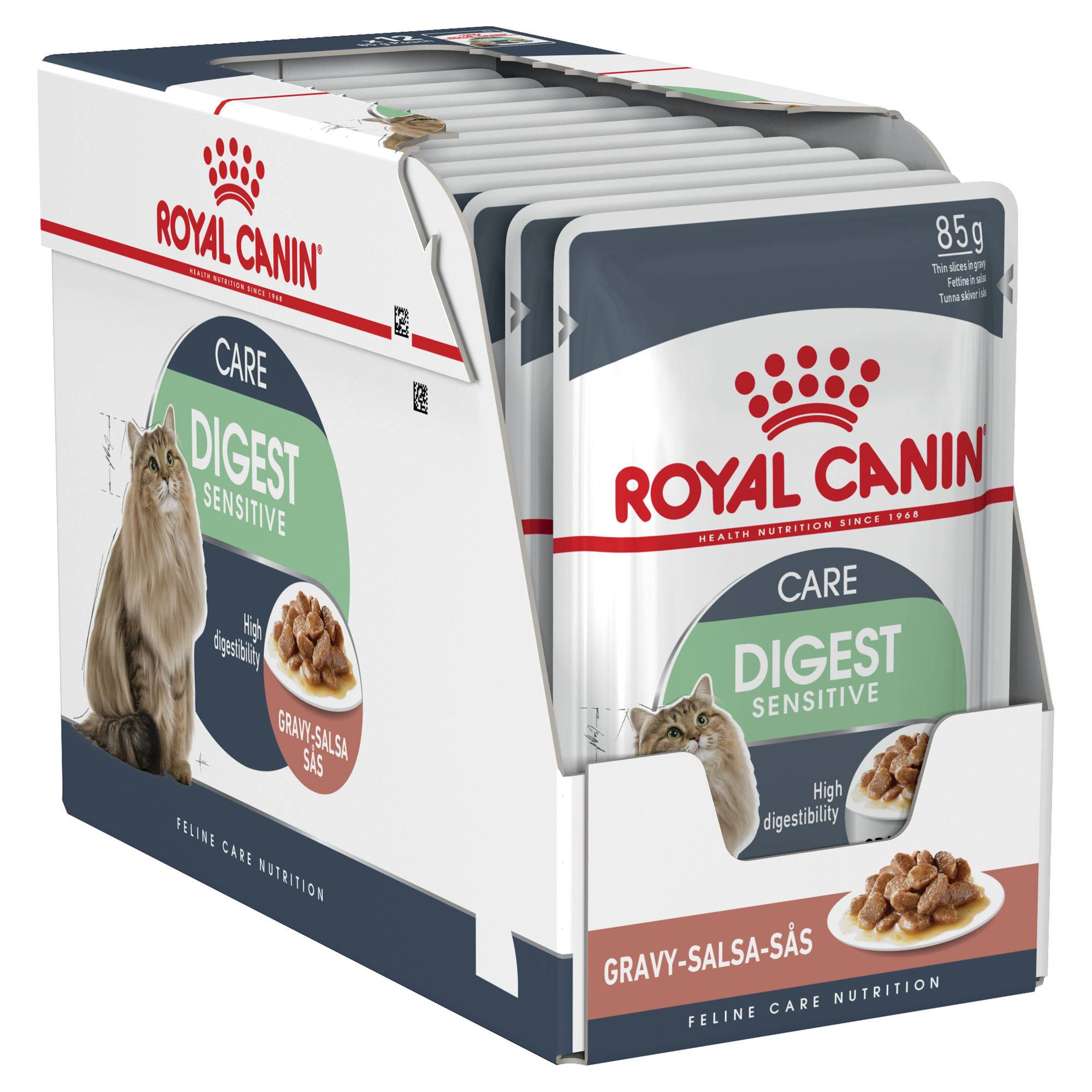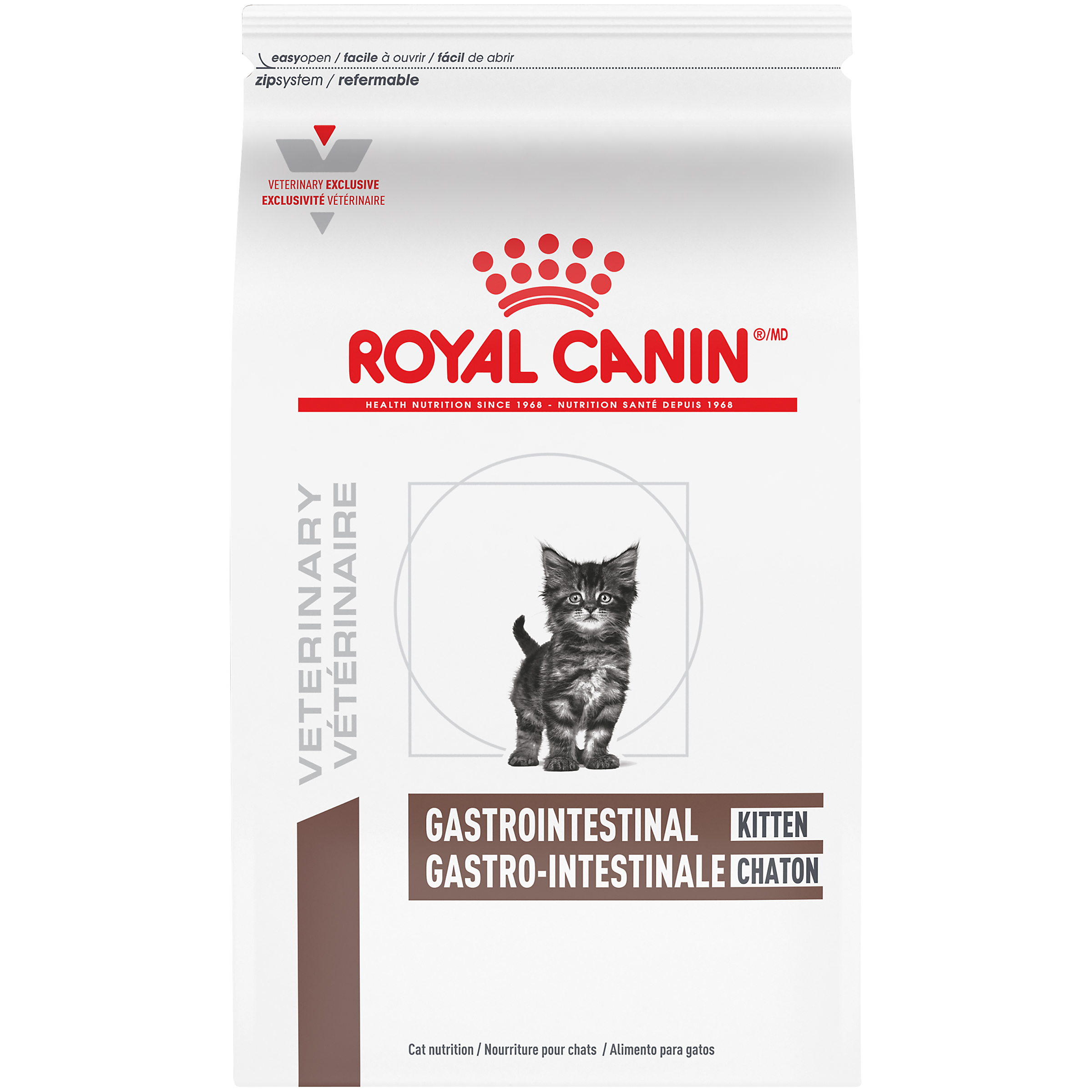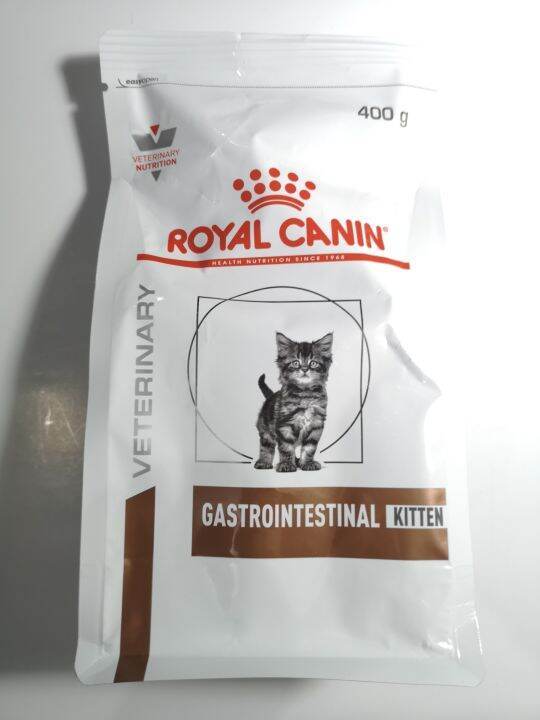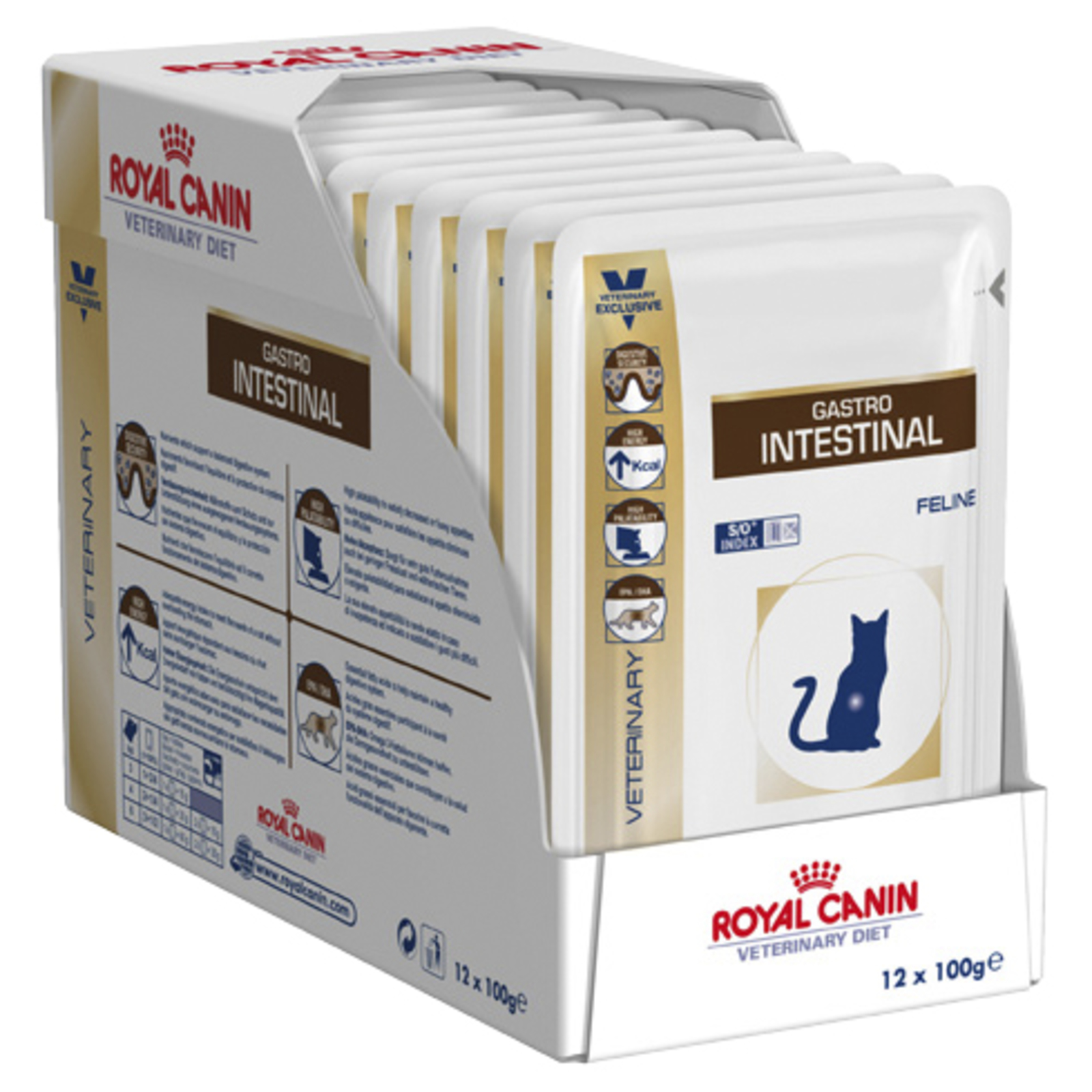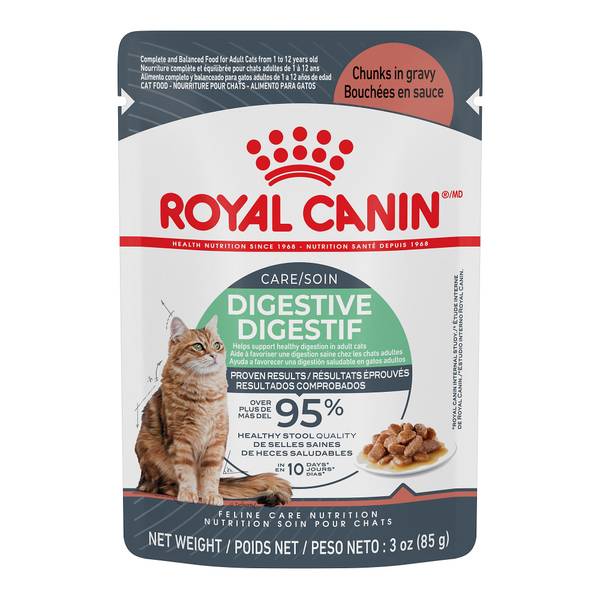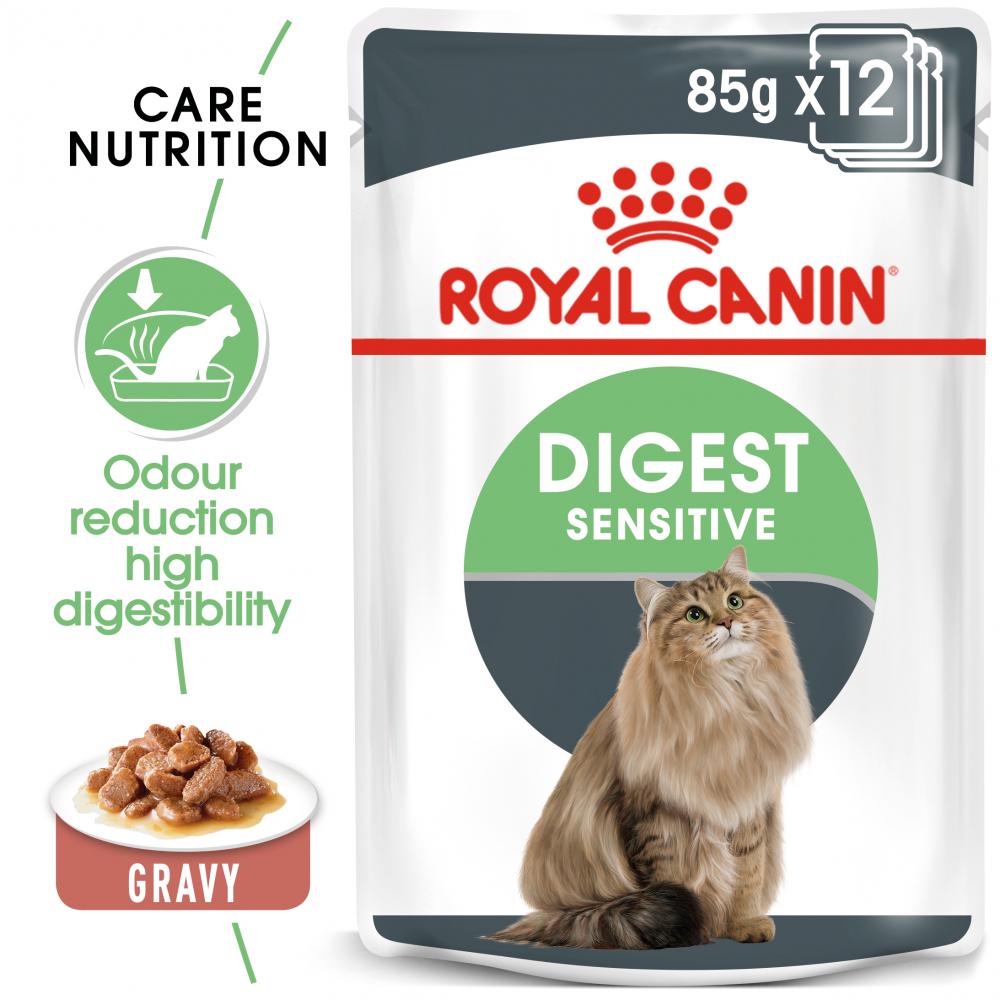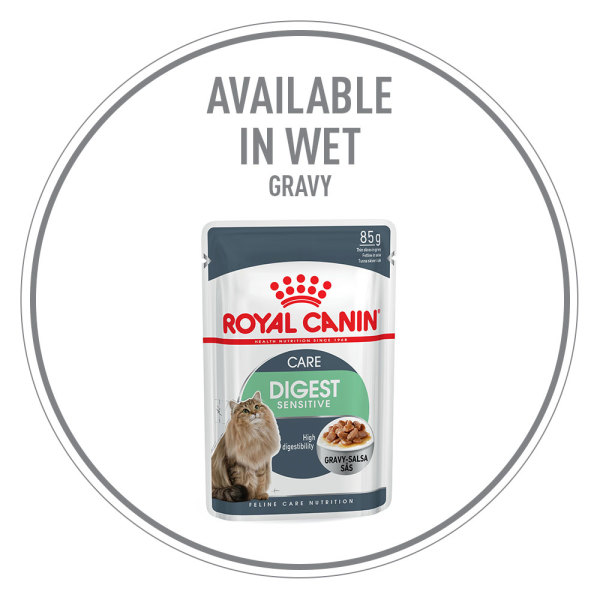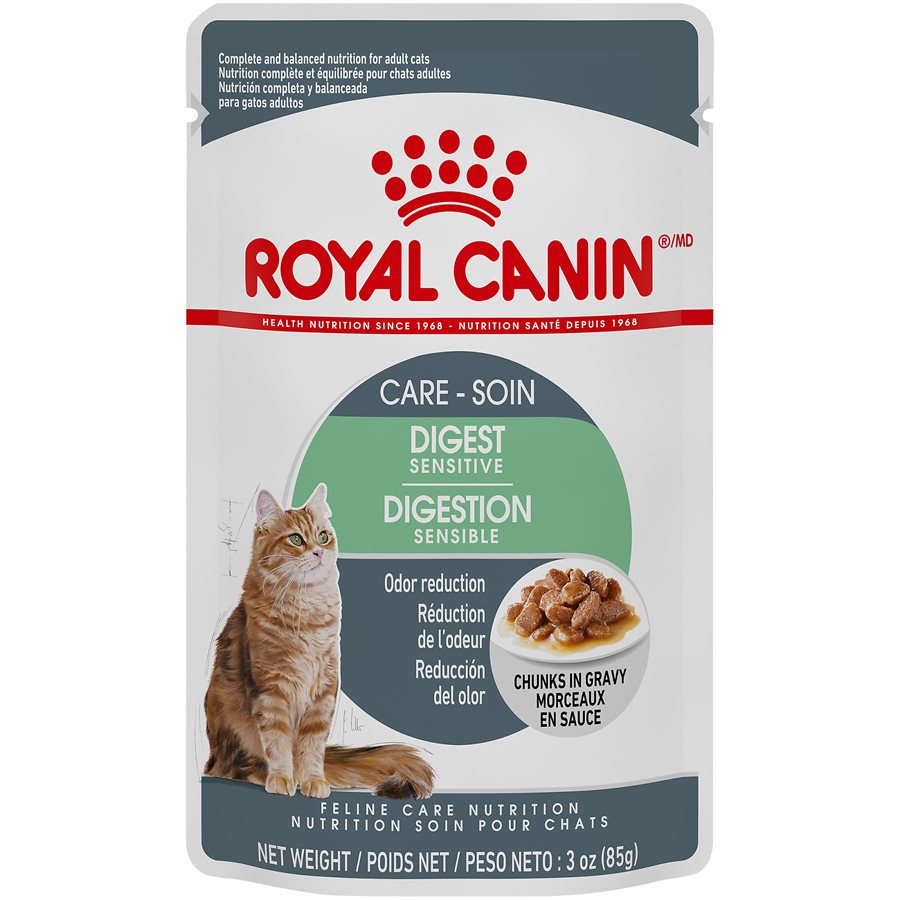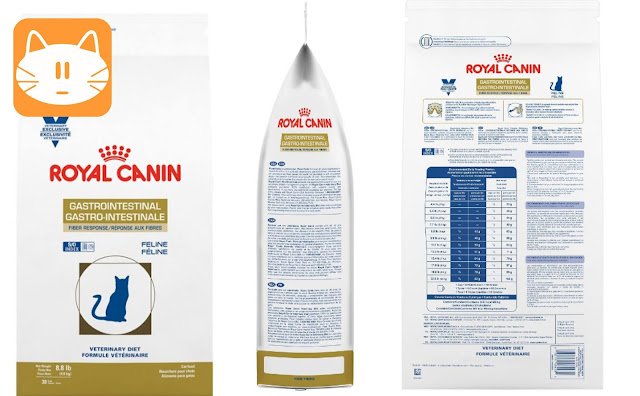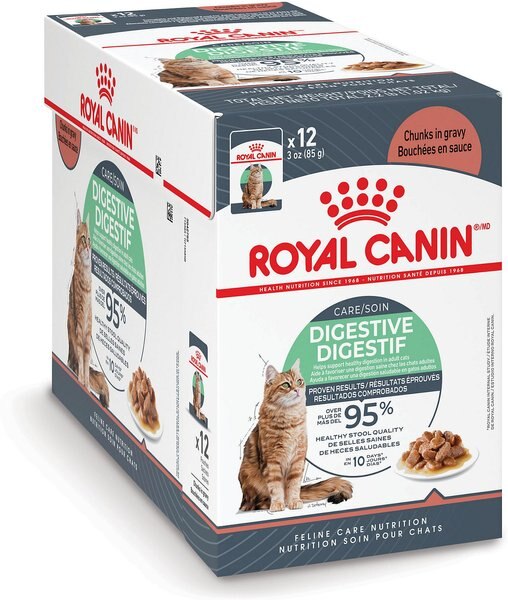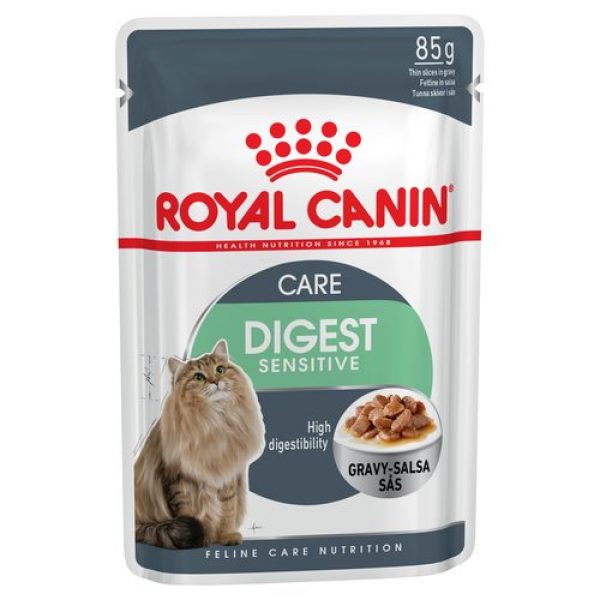Royal Canin Digestive Health Cat Food
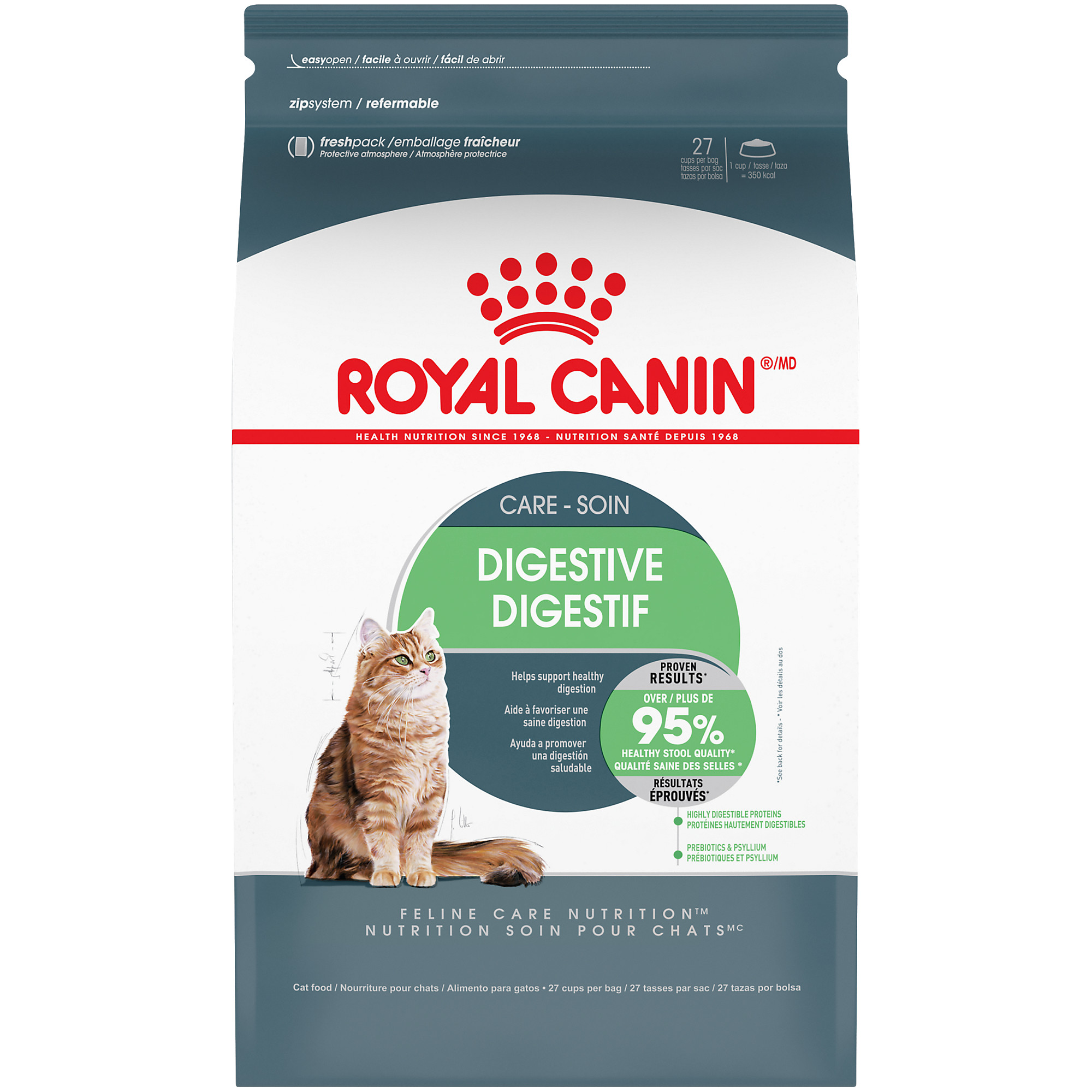
For cat owners grappling with their feline companion's sensitive stomachs, a specialized diet can offer a pathway to improved digestive health. Royal Canin Digestive Care cat food has become a prominent option, claiming to address common digestive issues and promote overall well-being in cats.
This article delves into the details of Royal Canin's Digestive Care line, examining its formulation, intended benefits, and the scientific rationale behind its claims. Understanding the nuances of specialized diets is crucial for cat owners seeking to make informed decisions about their pet's nutritional needs.
The Formulation of Digestive Care
Royal Canin Digestive Care cat food distinguishes itself through a carefully selected blend of ingredients designed to ease digestion. A cornerstone of the formula is highly digestible protein, which aims to reduce the amount of undigested protein reaching the colon and potentially causing discomfort.
Specific protein sources, such as poultry protein, are often favored for their digestibility. The inclusion of prebiotics aims to foster a healthy gut microbiome, promoting the growth of beneficial bacteria and suppressing potentially harmful ones.
Fiber content is also a critical aspect, with a balanced mix of soluble and insoluble fibers. These fibers aid in regulating intestinal transit and promoting stool quality, reducing the risk of constipation or diarrhea.
Intended Benefits and Claims
Royal Canin asserts that Digestive Care cat food can significantly improve digestive health in cats with sensitivities. The company claims a noticeable reduction in stool volume, indicating better nutrient absorption and less waste.
Improved stool quality is another key benefit, with firmer stools being easier for cats to pass and reducing the likelihood of accidents. Many cat owners report seeing a decrease in vomiting or diarrhea after switching to Digestive Care.
Ultimately, the goal is to enhance the cat's overall well-being, by reducing digestive discomfort and promoting a healthy gut environment.Royal Canin conducted internal studies to demonstrate the effectiveness of the diet.
Scientific Rationale and Considerations
The effectiveness of Digestive Care hinges on established principles of feline nutrition. Highly digestible proteins are indeed easier for cats to process, reducing the burden on their digestive system.
Prebiotics, such as fructo-oligosaccharides (FOS) and mannan-oligosaccharides (MOS), have been shown to positively influence the gut microbiome in various animal species, including cats. Fiber plays a crucial role in regulating bowel movements and promoting healthy stool formation.
However, it's important to note that individual cats may respond differently to dietary changes. Consulting with a veterinarian is crucial before switching to a specialized diet, especially if the cat has underlying health conditions. Dr. Emily Carter, a veterinarian at the Animal Wellness Center, emphasizes, "Every cat is unique, and what works for one may not work for another. A thorough examination and diagnosis are essential before making dietary changes."
A Human-Interest Angle
Sarah Miller, a cat owner from Chicago, shared her experience with Digestive Care. "My cat, Whiskers, had been struggling with diarrhea for months. After trying several different foods with no improvement, my vet recommended Royal Canin Digestive Care. Within a few weeks, I noticed a significant difference in Whiskers' stool quality and overall energy levels."
While anecdotal, Sarah's story reflects the experiences of many cat owners who have found relief for their feline companions through specialized diets. The emotional bond between pet and owner often drives the search for solutions to health problems.
Such accounts underscore the importance of considering dietary options when addressing feline digestive issues, while staying grounded in veterinary science.
Potential Impact and Conclusion
The availability of specialized diets like Royal Canin Digestive Care offers cat owners a valuable tool in managing their pet's digestive health. By addressing the specific needs of cats with sensitive stomachs, these diets can improve their quality of life and reduce the burden on veterinary professionals.
However, informed decision-making is paramount. Consulting with a veterinarian to determine the underlying cause of digestive issues and to develop a comprehensive treatment plan is crucial.
While Digestive Care can be a beneficial component of a cat's diet, it should not be viewed as a substitute for veterinary care. Ultimately, a combination of proper diet, veterinary guidance, and attentive care can lead to improved digestive health and overall well-being for cats.
